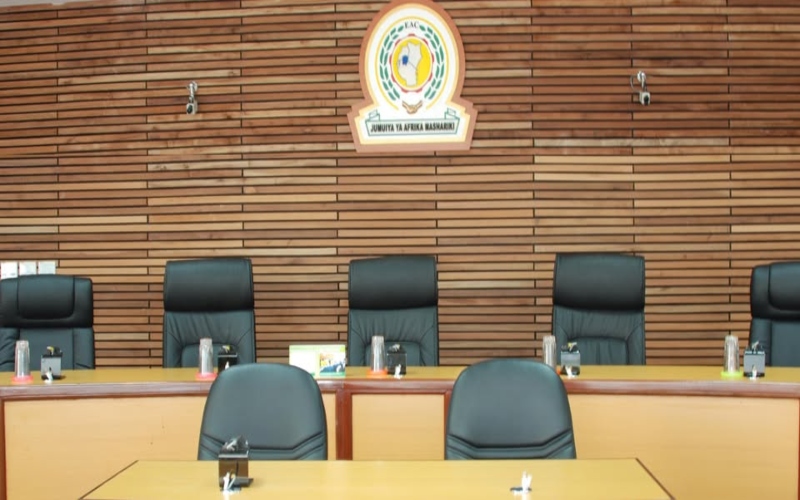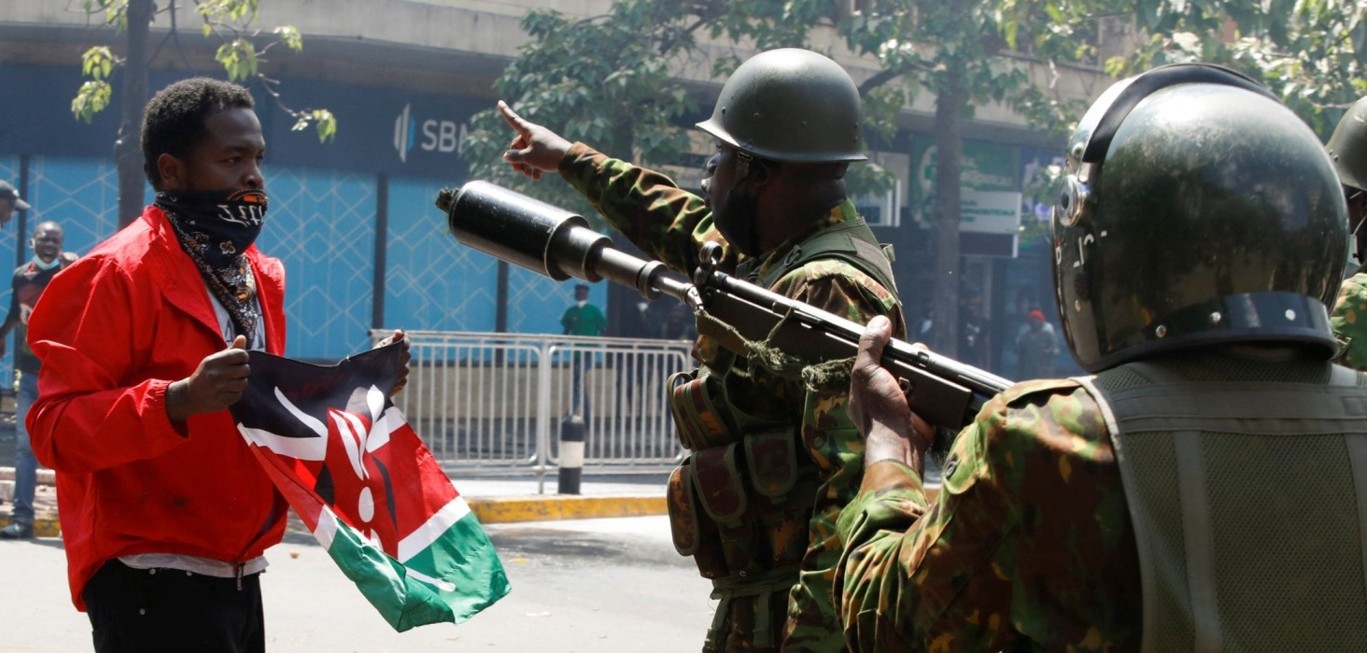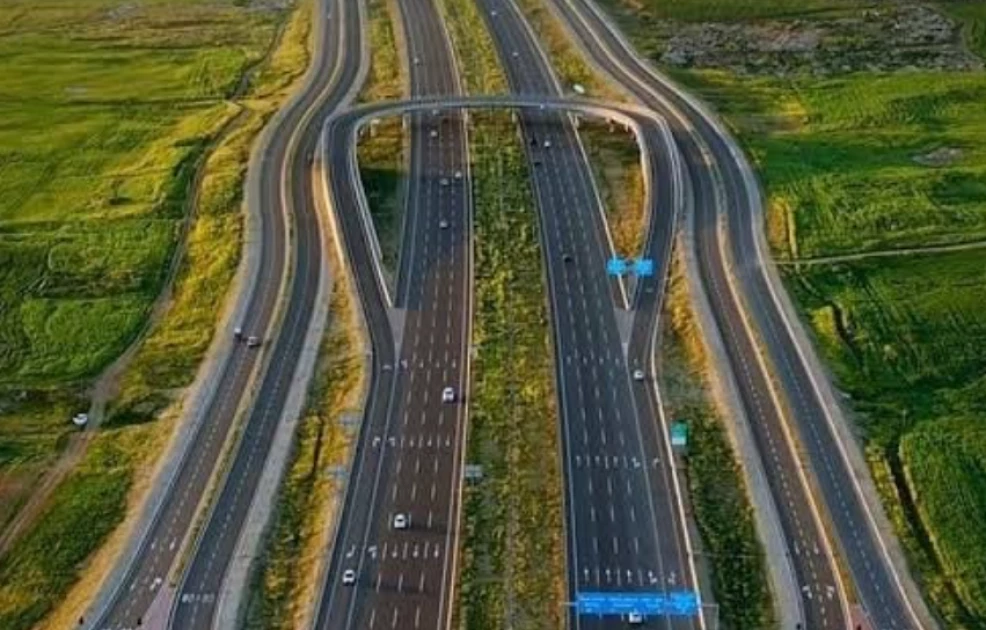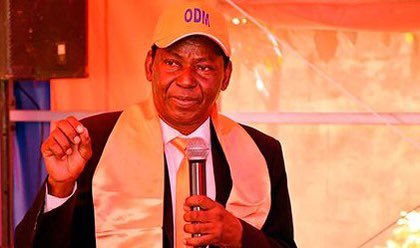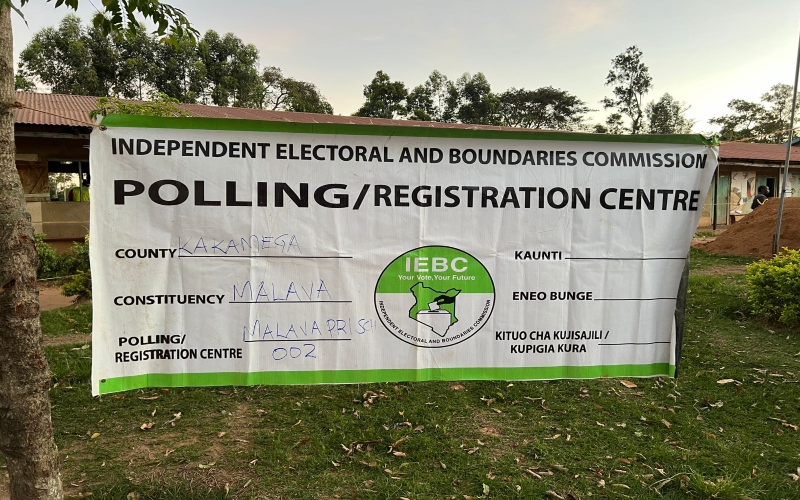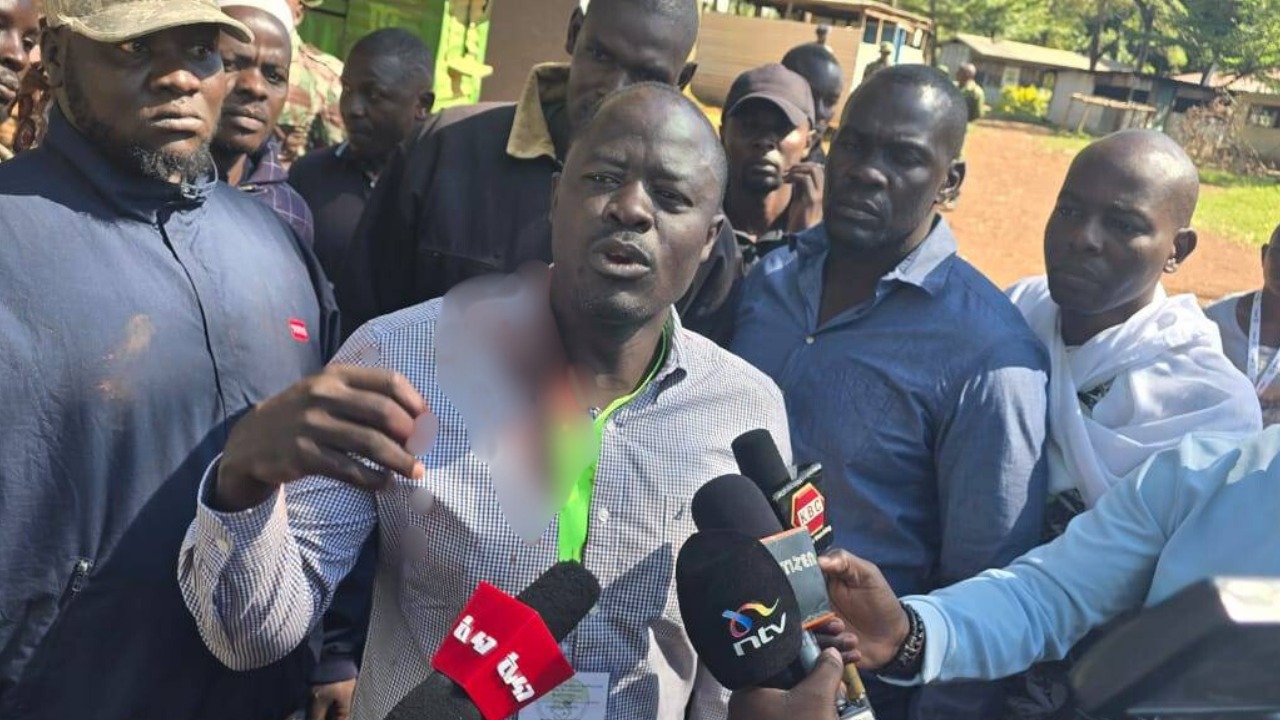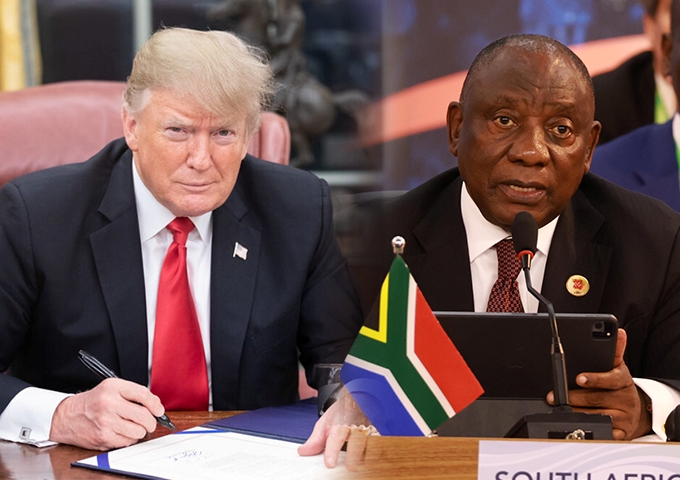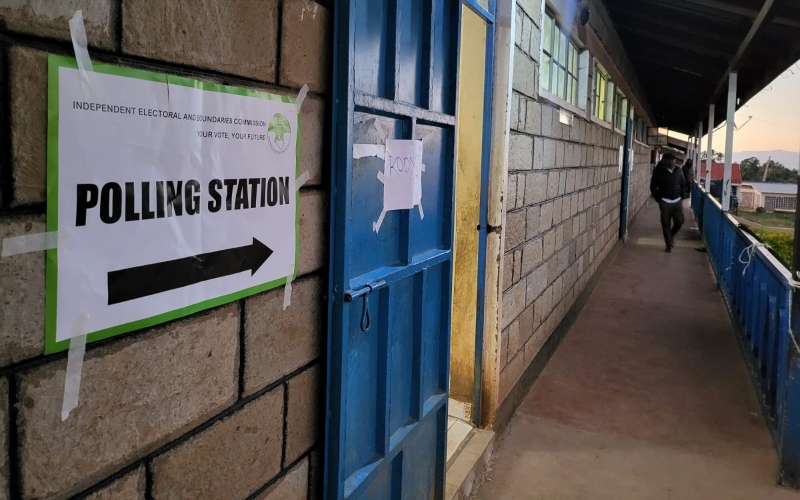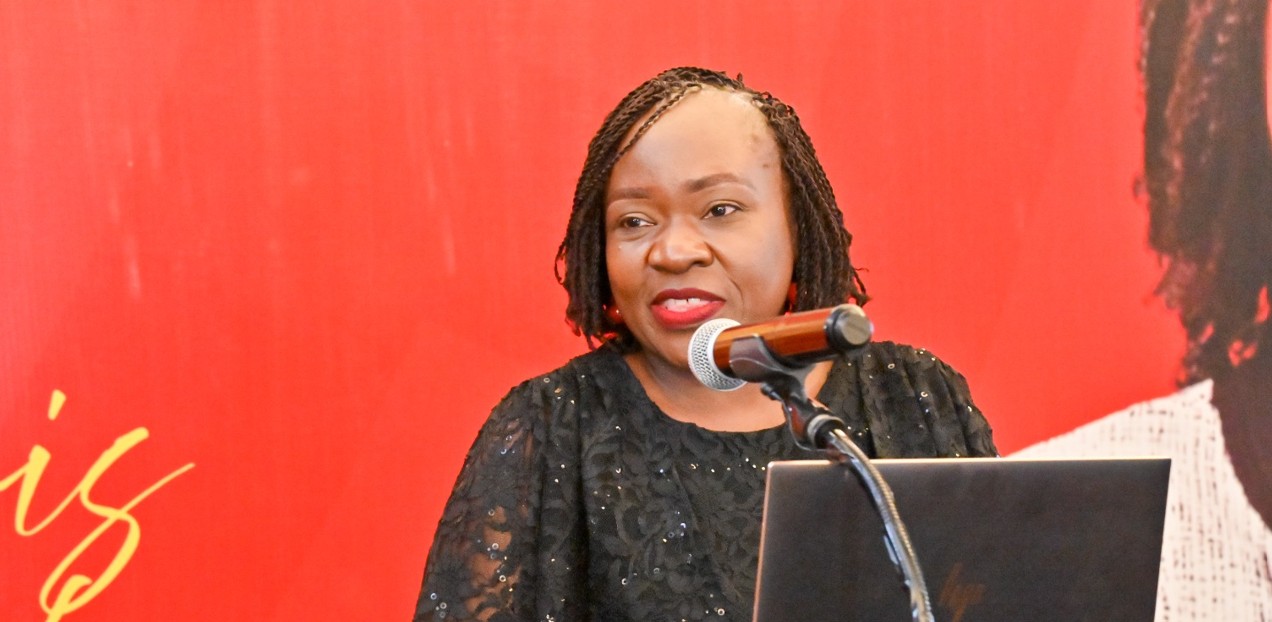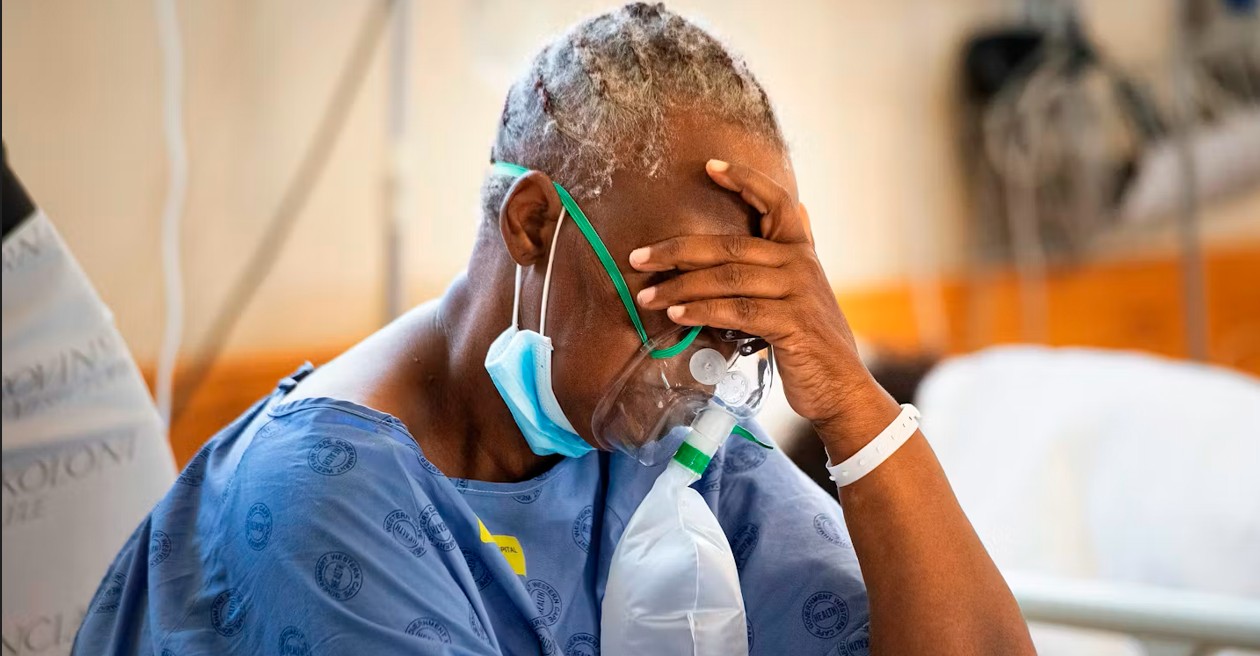Why Kenya is seeking external support for counter-terrorism operations in Somalia
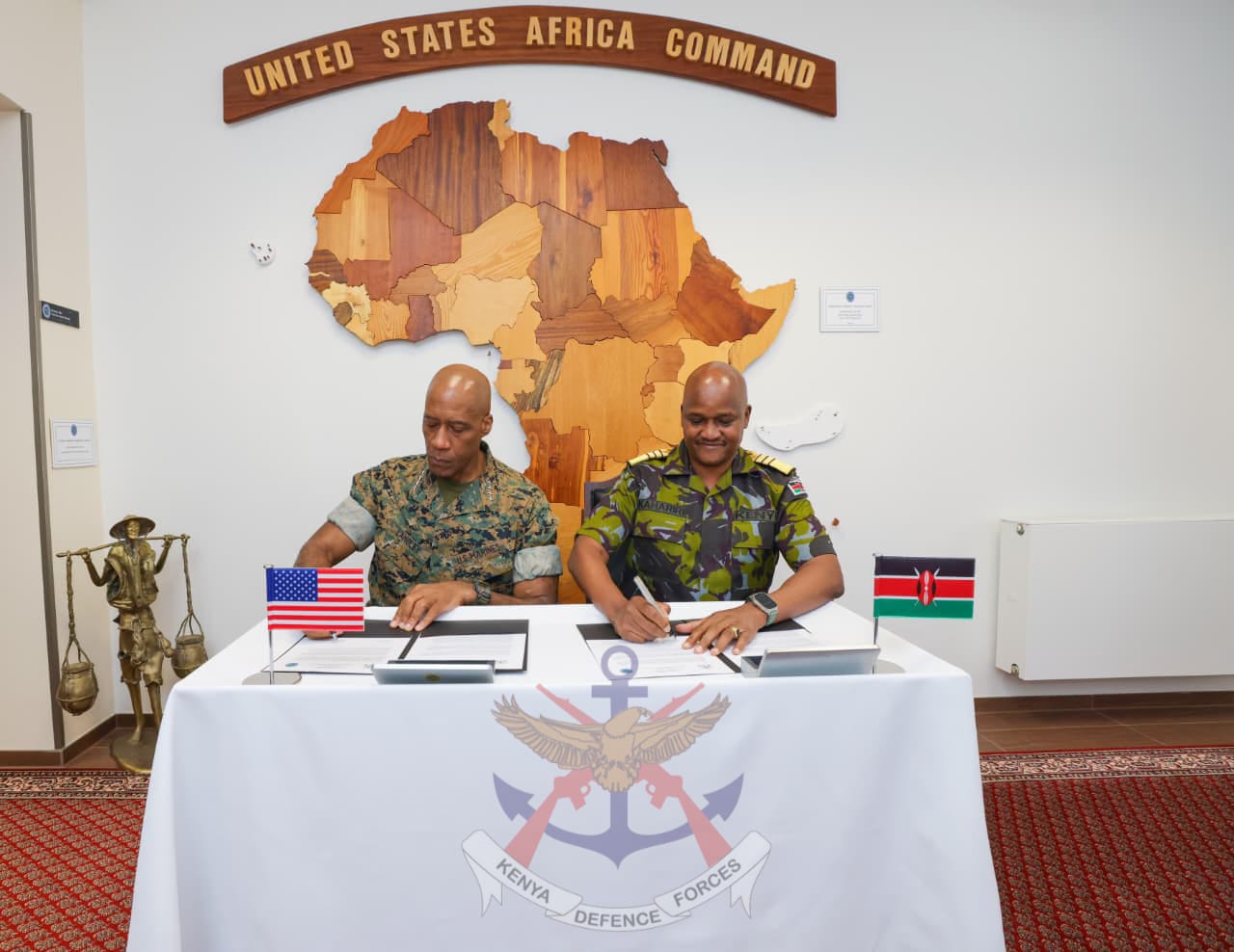
General Langley commended the Kenya Defence Forces (KDF) for their sacrifices and continued contributions, particularly in Somalia, highlighting their pivotal role in shaping regional security outcomes.
Kenya is seeking international support for counter-terrorism operations in Somalia, citing the urgent need to close security gaps left by the recent withdrawal of troops.
Chief of Defence Forces General Charles Kahariri made the appeal to US Africa Command this week during a meeting with its immediate former commander, General Michael Langley.
More To Read
- International Rescue Committee warns millions at risk as drought intensifies across Northern Somalia
- Somali Region frees ‘121 unlawfully detained’ people, ‘pardons’ two jailed journalists, Rights Commission says
- South Sudan and Somalia eye group stage in FIFA Arab Cup 2025 qualifiers
- Somalia faces worsening hunger with millions needing assistance
- East African Court postpones swearing-in of nine Somali legislators to EALA
- Somali referee Omar Abdulkadir Artan crowned CAF Best Male Referee 2025
“He expressed concern over the recent drawdown of troops under the African Union Support Mission in Somalia (AUSSOM), warning that it could erode years of progress. He urged the global community to renew and strengthen its commitment to the Somali peace process and wider Horn of Africa stability efforts,” a statement from the KDF said.
To temporarily bridge the gap, Kahariri noted that some troop-contributing countries, including Kenya, had entered bilateral security arrangements with Somalia. However, he stressed that such measures were “unsustainable without enhanced international backing”.
General Langley commended the Kenya Defence Forces (KDF) for their sacrifices and continued contributions, particularly in Somalia, highlighting their pivotal role in shaping regional security outcomes.
“He underscored the importance of sustained, multilateral cooperation to consolidate and safeguard the hard-won gains in the Horn of Africa, reiterating that as a Major Non-NATO Ally (MNNA), Kenya remains a critical strategic partner to the United States,” the dispatch added.
While Kenya has largely shielded itself from external aggression, a fall of the state of Somalia due to the ongoing advancement of the Al-Shabaab terrorists to the capital, Mogadishu, would have dire repercussions on the country in terms of their possible infiltration and an influx of refugees from Somalia.
However, with an already tight budget to meet its competing security priorities, Kenya's Intelligence boss, Noordin Haji had in May warned that national defense efforts could be undermined, especially at a time when the country is facing increasing hostilities from "elements" in some neighbouring states.
"I am saddened that we do not take our national security seriously. Over the past decade, the security sector has not received sufficient funding to procure adequate equipment to defend the country. This should not be taken lightly," said Haji.
The other agencies are also in need of more funding to meet their reforms, modernisation demands, and run special operations optimally.
An obvious donor fatigue and political infighting are slowing down counter-terrorism operations in Somalia, as the African Union struggles with raising funds to sustain the new mission.
In its last meeting on the situation in Somalia, the AU Peace and Security Council last month called on Troops Contributing Countries (TCCs) to bear more burden towards peace and security efforts in Somalia.
The ministerial-level meeting also expressed the need for rapid force generation and integration, including the recruitment of Community/ Local Defence Forces (LDFs), and Mobile Forces, to hold areas and undertake operations as part of the Clear, Hold and Build Strategy to preserve the gains that have been made so far against Al-Shabaab terrorists.
The Council also called on TCCs and other partners to support the ongoing efforts to secure adequate, predictable, sustainable, flexible, and multiyear financing for AUSSOM, including through making direct contributions towards the financing of AUSSOM.
The Council further directed the AU Commission to engage the United Nations, European Union, United Kingdom, Somalia, and other bilateral partners to organise a resource mobilisation conference for AUSSOM.
This resolution, however, has been countered by a bill tabled before the US Senate Committee on Foreign Relations, seeking to restrict the use of United States Assessed Contributions to the United Nations under United Nations Security Council Resolution 2719 (2023) to support the African Union's peacekeeping mission in Somalia.
"None of the funds appropriated or otherwise made available for assessed contributions of the United States to the United Nations, including any organ, agency, or entity of the United Nations, may be obligated or expended for any activity related to the implementation of Resolution 2719 in support of AUSSOM or any other African Union-led peace support mission in Somalia; or any program, project, or initiative for Somalia directly linked to the mandate outlined in Resolution 2719," the bill states.
Meanwhile, the two generals formally released the inaugural Joint Communiqué from the African Chiefs of Defence Conference (ACHOD), highlighting priorities agreed upon by 38 African delegations during ACHOD 2025 in Nairobi in May.
General Langley said the communique that outlines five areas of focus in US-Africa command collaboration with the continent is a "shared commitment to move forward together, build on progress, and deliver results that strengthen security across Africa."
The priority areas include renewing and expanding security partnerships across Africa and globally through enhanced coordination with regional organisations, civil society, the private sector, academia, and communities.
Information sharing, leveraging technology to counter emerging threats such as cyberattacks, environmental crimes, and strengthening defence institutions.
The Joint Communiqué will guide military engagement, innovation, and institutional reforms over the next year, providing a framework for measuring progress at ACHOD 2026.
Top Stories Today
